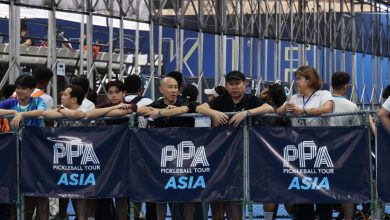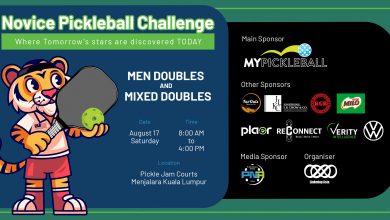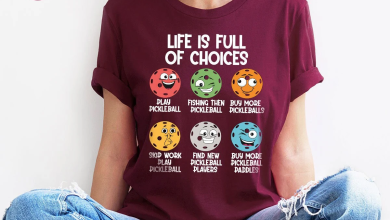Pickleball Starts Picking Up in China—and the Future Looks Bright Indeed
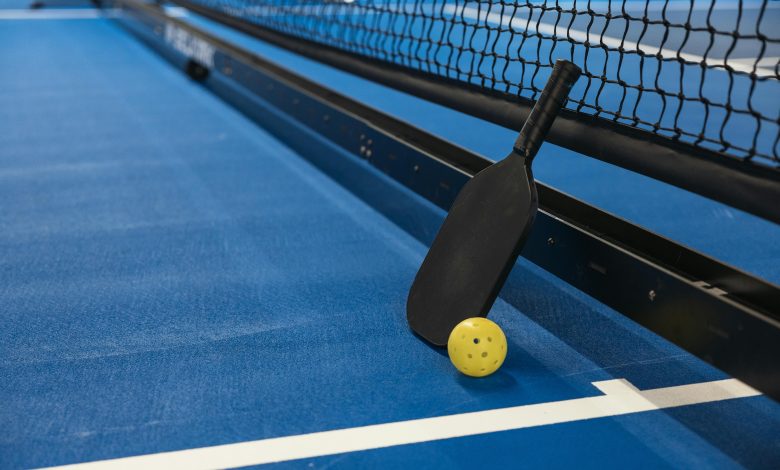
Watch out, world! Pickleball is starting to stir things up in China.
This is huge for pickleball because, as you know, China is the world’s most populous country, and pickleball making it big there could have massive implications for the sport’s growth and future.
The good news is that the pickleball craze appears to be starting in the Mainland. CNBC, citing data from WPIC Marketing + Technologies, recently reported that online sales of pickleball paddles and related equipment in China have skyrocketed to an average of USD $1.2 million in monthly sales as of July 2025—a roughly six-fold increase compared to the same period last year.
“Pickleball’s rise in China reflects a broader shift toward active lifestyles and recreational sports participation,” said Jacob Cooke, Co-Founder and CEO of WPIC, a global company that assists foreign brands sell online in China and other parts of Asia.
Cooke added that interest in pickleball in China is partly due to an overall increase in interest in racquet sports. Tennis, in particular, is having a resurgence in the Mainland thanks mostly to Chinese tennis player Zheng Qinwen winning the country’s first Olympic gold medal in tennis singles last summer.
McKinsey Senior Partner, Daniel Zipser, echoed Cooke’s assessment, noting how China is now in “the very strong acceleration growth momentum [period] for racquet sports more broadly.”
Pickleball Is Starting to Truly Shine
While China’s fascination with pickleball is largely part of a growing interest in racquet sports, it can’t be denied that the sport is making inroads. Further proof of this is the hugely successful staging of the Hong Kong Open 2025, one of the legs of the inaugural PPA Tour Asia. The competition garnered so much interest that “the entire tournament was maxed out, and with a waitlist,” according to Patrick Yan, Founder of The Brine Agency, an organisation that represents Asian pickleball players.
Yan also pointed out the increasing number of courts in Hong Kong, which he says is another indication that more and more people are playing pickleball.
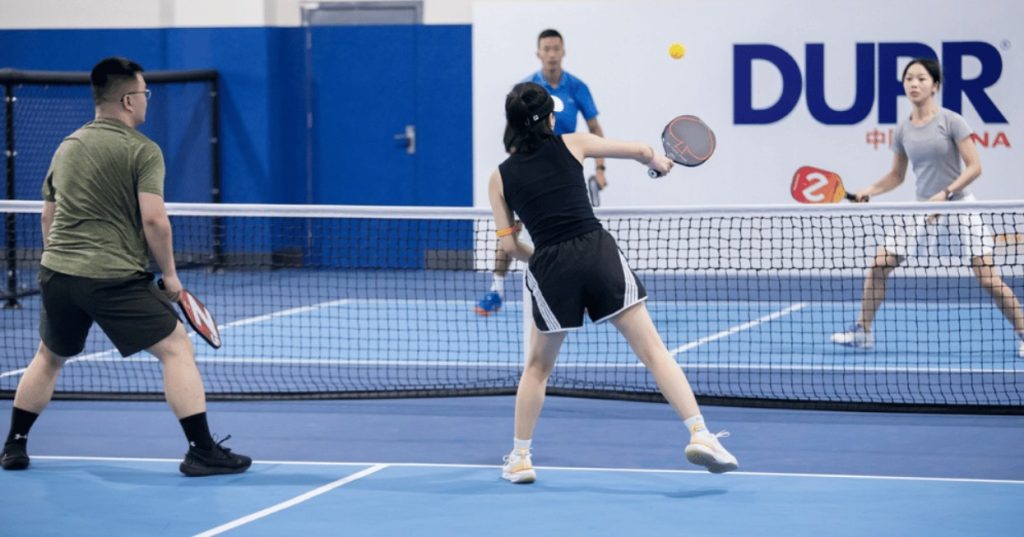
Needless to say, there’s reason to believe that pickleball will continue building massive momentum in China—and the sport has two things going for it. First, Chinese businessmen are recognising the potential economic windfall of going all-in on pickleball, and are starting to invest in it.
“All these courts have to be built by people running businesses. They’re operating for profit…. People started seeing it could be a huge profit, all these competing businesses, and startups,” noted Yan, who pointed out the other reason pickleball is set to take off even more in China: There’s a unified body—in this case, the Chinese Tennis Association—taking point in organising tournaments.
With the Chinese Tennis Association at the helm, pickleball’s development in China, according to Yan, has become “quite systemised in comparison to other countries where it’s local organisations that have to organise and fund everything.” This means Chinese pickleball players get to hone and test their skills in professionalised, highly organised settings far better than those being held by local groups in other countries.
A Sustainable Rise for the Long Term
Even more encouraging is that schools all across China are starting to encourage students to pick up pickleball, said Lu Bing, Deputy Head of the Suzhou Pickleball Association. Lu is also the General Manager of a local sports club, whose pickleball courts can be booked by the hour starting at 60 yuan (USD $8.39). Schools, according to him, are actually repurposing basketball courts, and other facilities, into pickleball courts to further encourage students to play.
But is all this sustainable in the long term?
McKinsey’s Zipser is “very confident”—at least in terms of Chinese consumers buying pickleball equipment, believing that the Chinese are ready to live life again to the fullest after years of feeling depressed due to COVID-19 and its aftermath.
“The last two years the consumer was just waiting for the good old days to be back,” Zipser said. “People now have realised [that’s] not going to happen. They’ve moved on. They’re no longer sitting there. … Life needs to go on.”
And, really, what better way for life to go on than with a game or two of pickleball, right?

